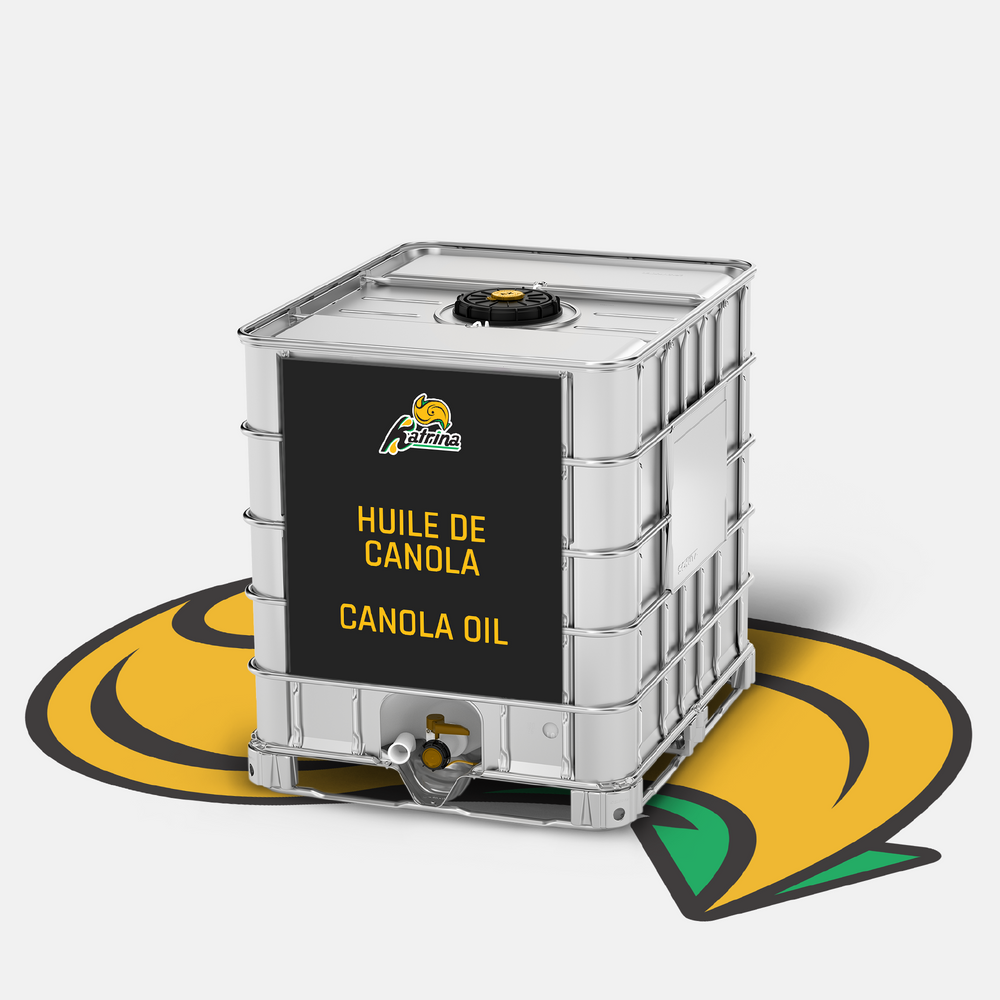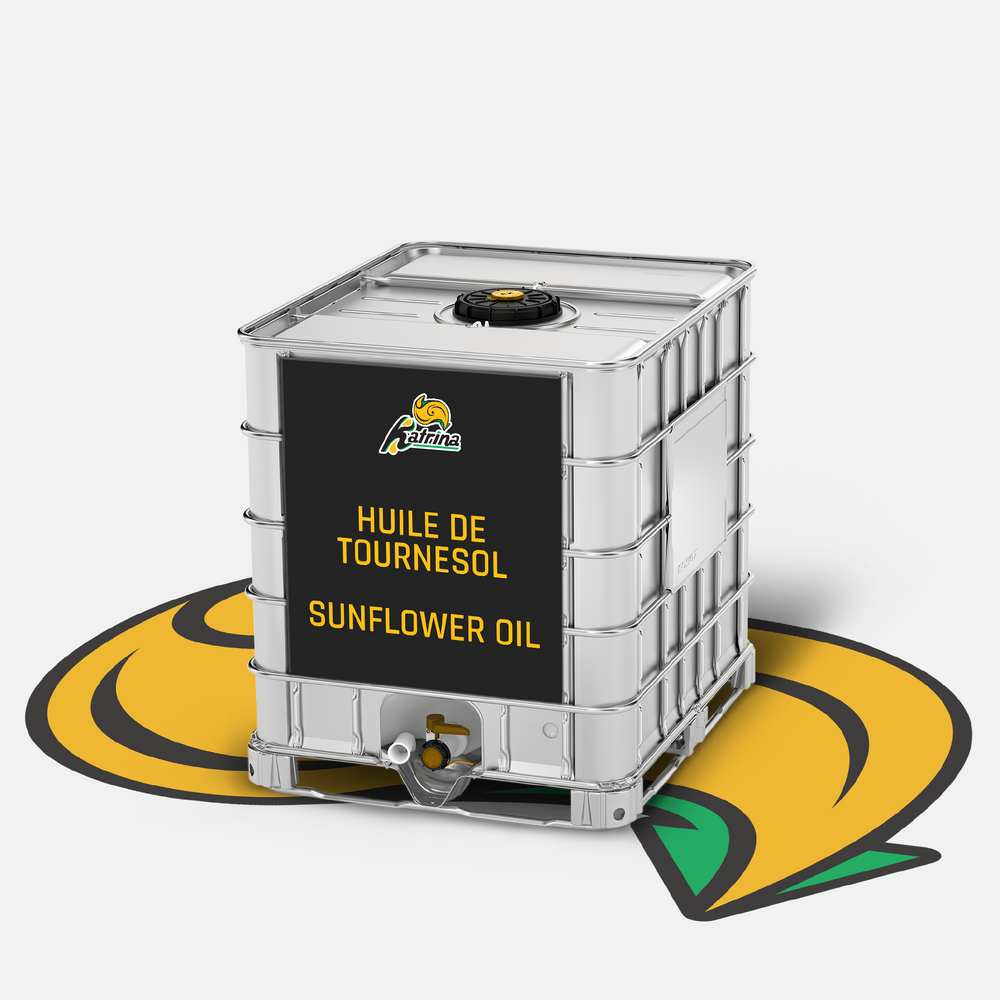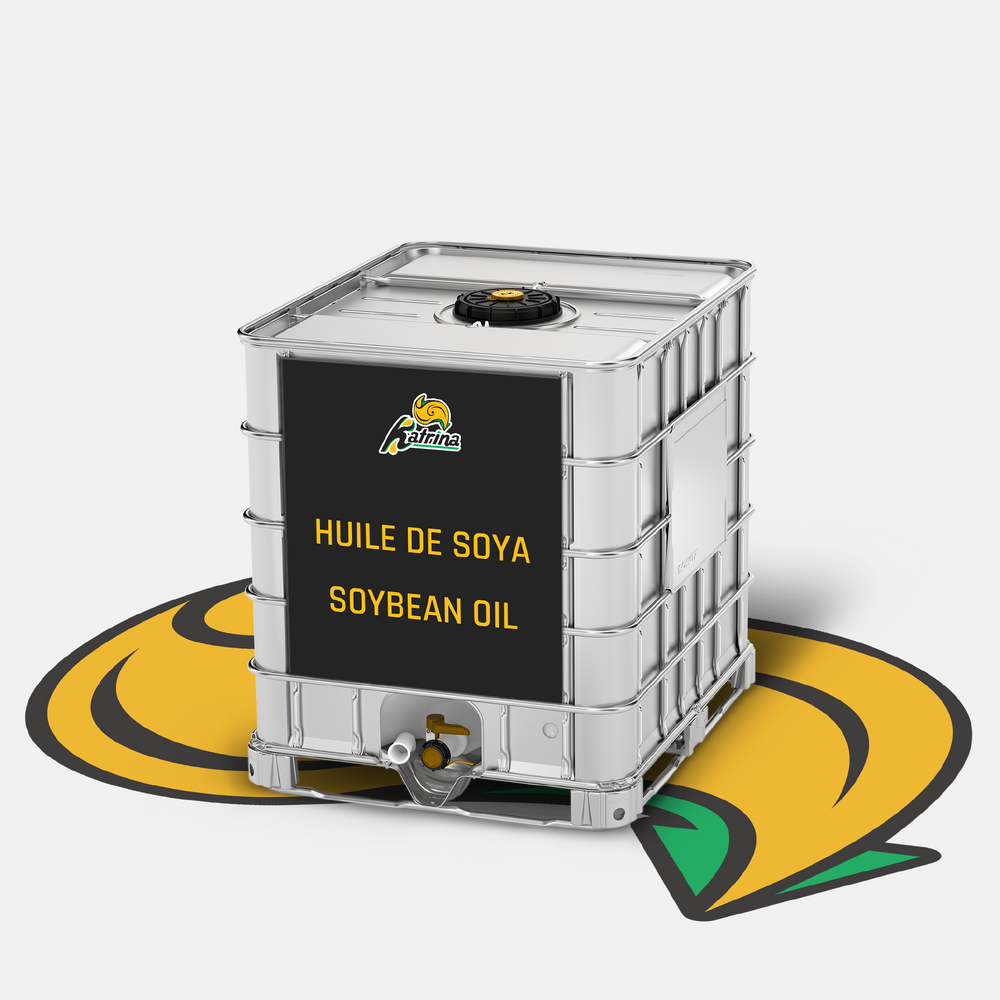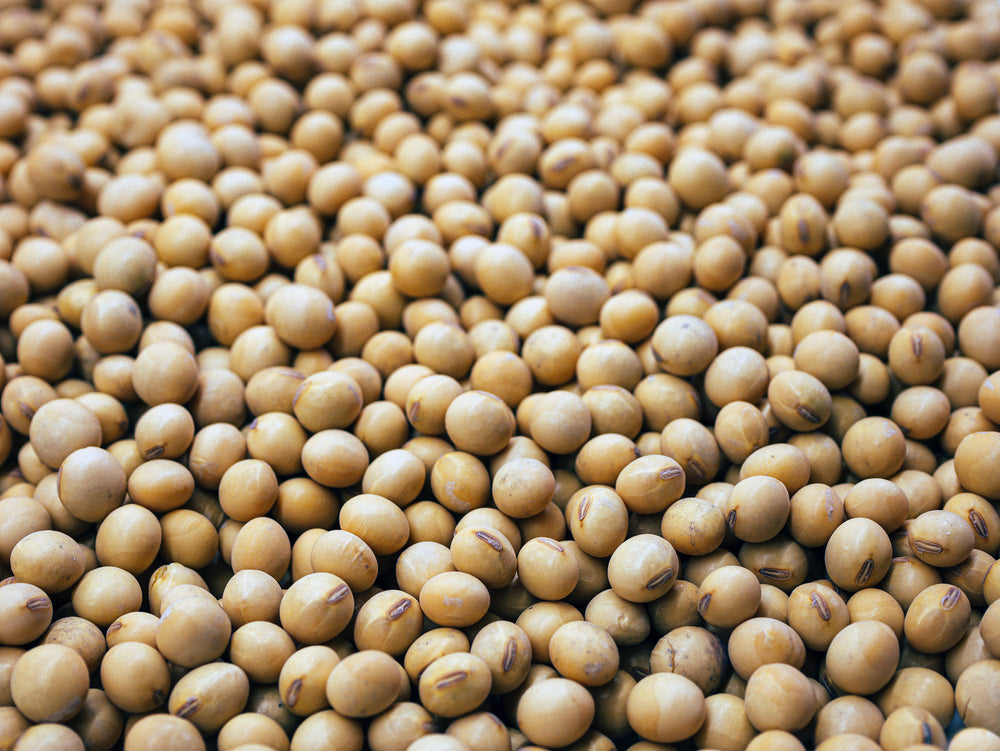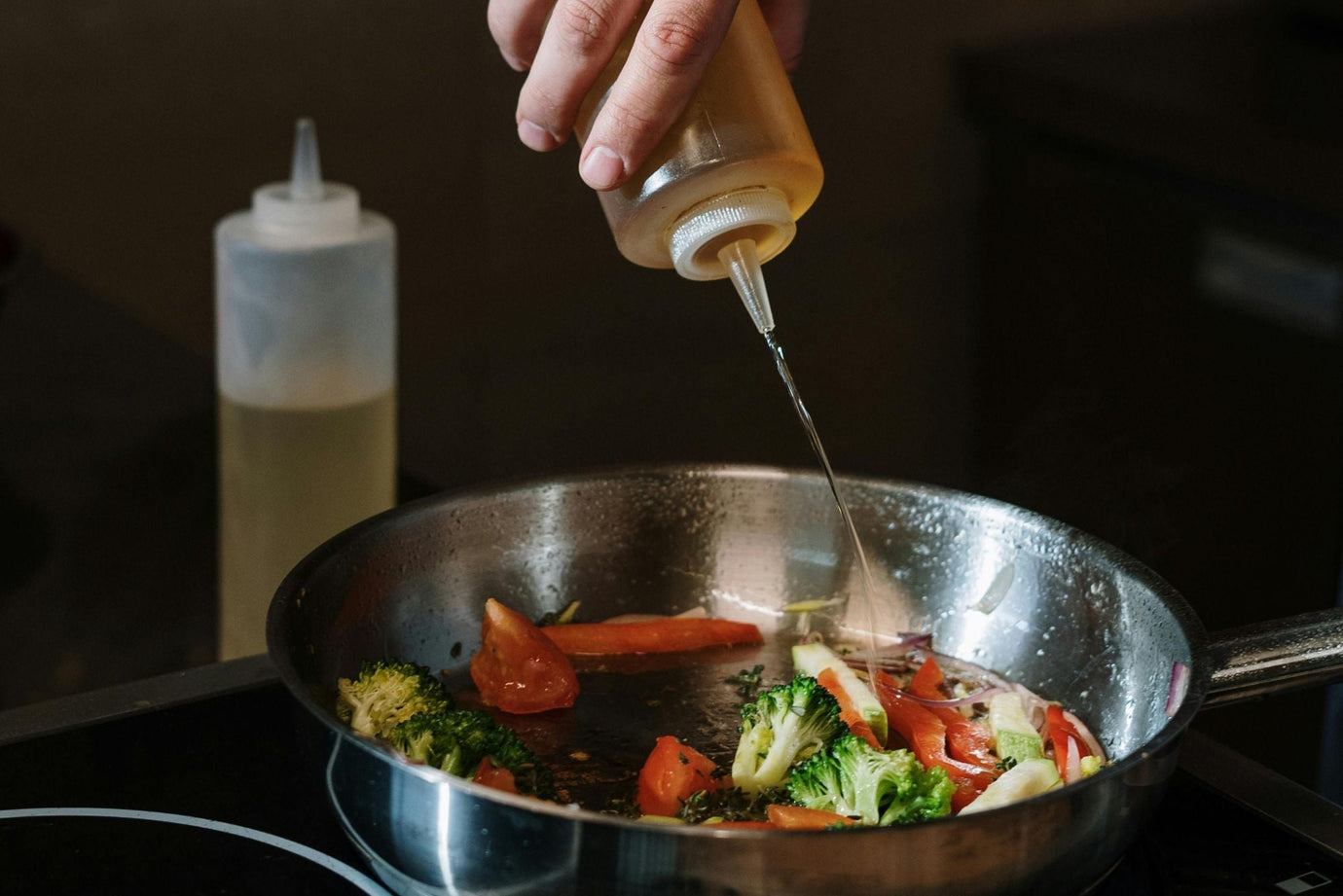Frozen Vegetable Oils: What To Do When Oil Freezes
Imagine walking into your stockroom or storage area only to find that your cooking oils have solidified. This can be a common sight for restaurants or food manufacturers, especially during colder months. In this article, we’ll talk about the conditions that lead to oil freezing and how to thaw your vegetable oils without compromising quality.
Do Oils Freeze?
Yes, cooking oil can freeze, but the temperature at which it does depends on the type of oil and its chemical composition, including fat content. Unlike water, which turns solid at 0°C (32°F), oils freeze gradually. When exposed to lower temperatures, such as in a fridge or cold storage room, oils first turn viscous, then become gel-like before eventually solidifying.
This occurs because of the differences in chemical structure between water and oil. Water is a simple molecule that freezes uniformly, while vegetable oils are complex mixtures of various fatty acids. The oil’s saturation plays a role in the freezing point, but it’s just one of several factors. The type of fatty acids present and whether the oil is refined or unrefined also influence how and when the oil will freeze.
What Temperature Does Cooking Oil Freeze?
The freezing (or solidification) point of cooking oils varies widely. Oils with higher saturated fat content, such as cocoa butter and coconut oil, are more likely to be solid at room temperature compared to those that mostly contain unsaturated fats.
For example, coconut oil solidifies at room temperature (around 24°C or 75°F), while canola oil, with a lower saturated fat content, freezes at around -10°C or 14°F. Vegetable oil is typically a blend of cost-effective oils like soybean and canola, so its freezing point varies between manufacturers.
The refinement process also affects an oil's freezing point. Refined oils that have undergone "winterization" have more homogenous compositions. This process removes the natural waxes and other components, resulting in a clearer, more stable oil that remains liquid at lower temperatures.
Unrefined oils, like extra virgin olive oil, contain more natural components such as fatty acids and waxes. These elements have different freezing points, so you’ll see olive oil turn cloudy and coagulate when exposed to low temperatures. This is normal and does not indicate a decrease in quality.
Does Olive Oil Freeze?
There's a common misconception that only extra virgin olive oil freezes, but this isn't true—all types of olive oil can freeze. Moreover, because olive oil is a natural product, the freezing point can vary slightly even among oils from the same manufacturer.
Does Freezing Oil Ruin It?
Freezing does not ruin an oil’s quality, and you can still use it for cooking after bringing it back to a liquid state. However, it's best to avoid repeated cycles of freezing and thawing, especially if the oil is stored in bulk containers.
Here’s why: Temperature fluctuations can cause condensation to form inside the container. If water mixes with the oil, it might lead to contamination and bacterial growth. So while freezing does not inherently damage the oil, proper handling and storage are needed to maintain its quality.
What To Do When Your Oil Freezes
To thaw frozen oil, we recommend bringing it back to its melting point gradually. You can do this by placing the container in a warm room or letting it sit at room temperature. Avoid exposing the oil to excessive heat or direct sunlight, as this can accelerate oxidation and degrade its quality.
While frozen vegetable oil is okay, it can be inconvenient to defrost cooking oil every time you need to use it—especially in a fast-paced environment like a restaurant. To avoid this inconvenience, it's best to store vegetable oils in a cool (but not too cold), dark place, away from extreme temperatures, so it’s ready to use anytime.
Related articles:
Your Guide to Storing Cooking Oil in Bulk – Distributions Katrina
Cloudy Olive Oil: How to Know If It's Good or Bad – Distributions Katrina

